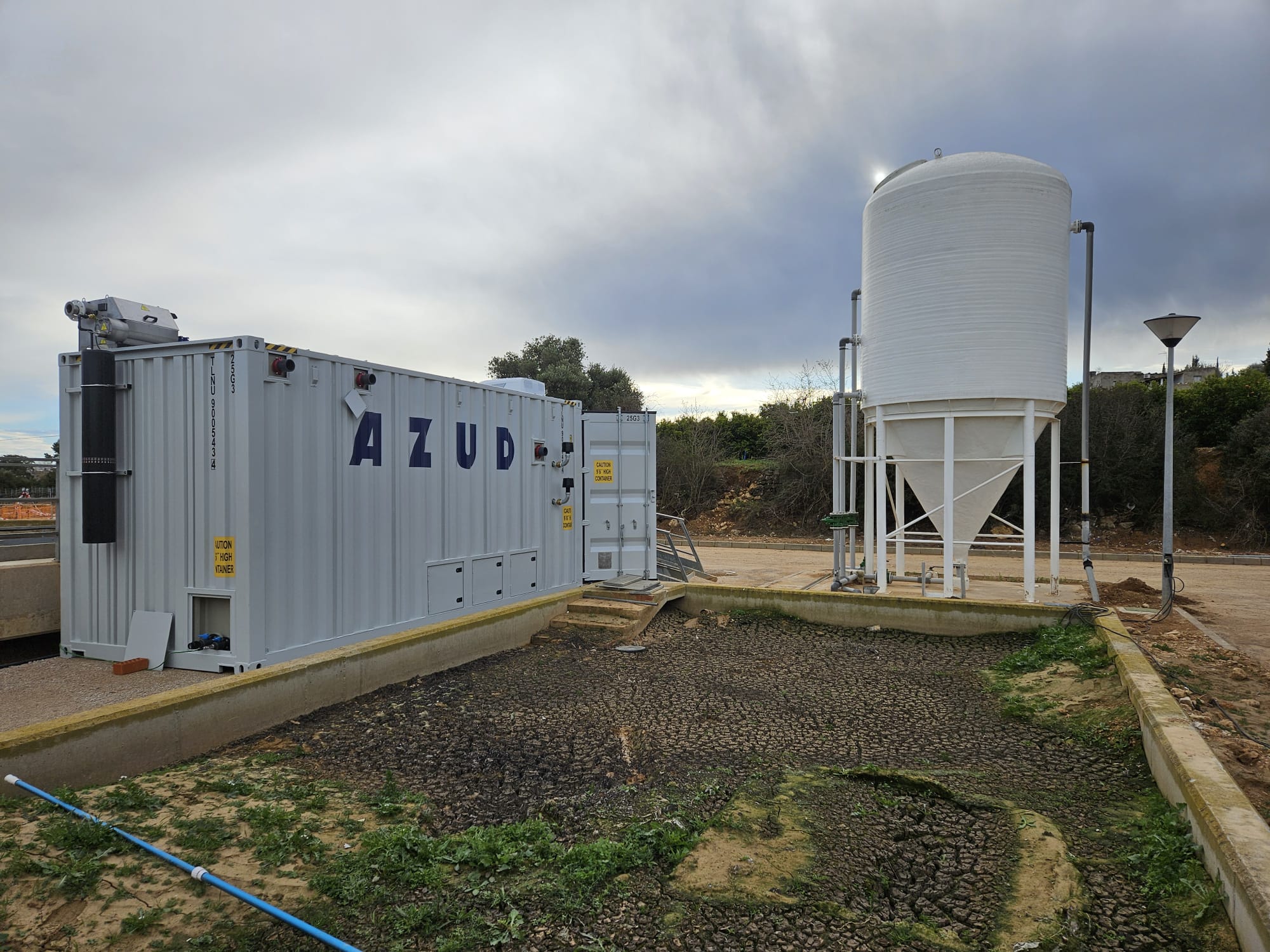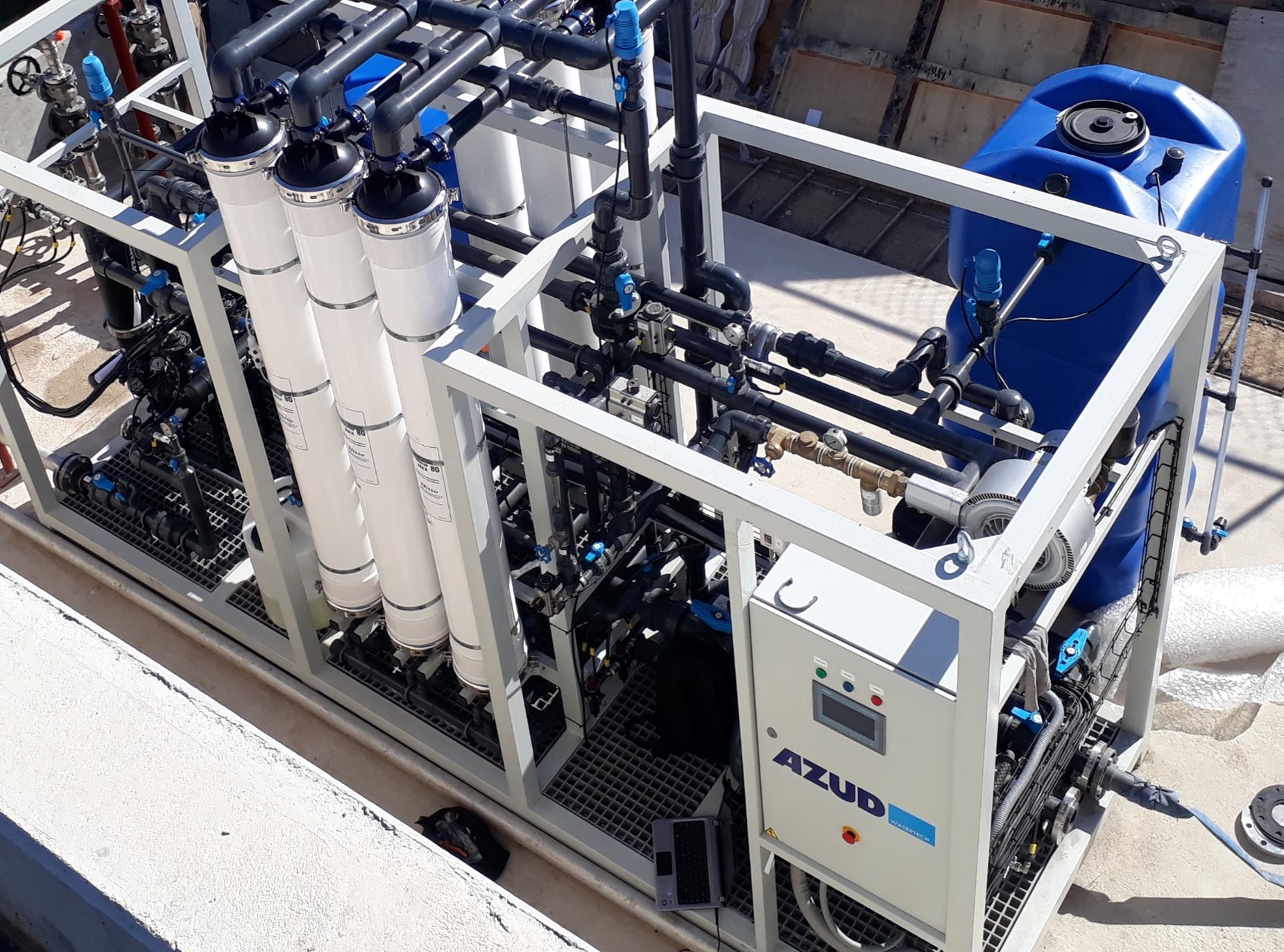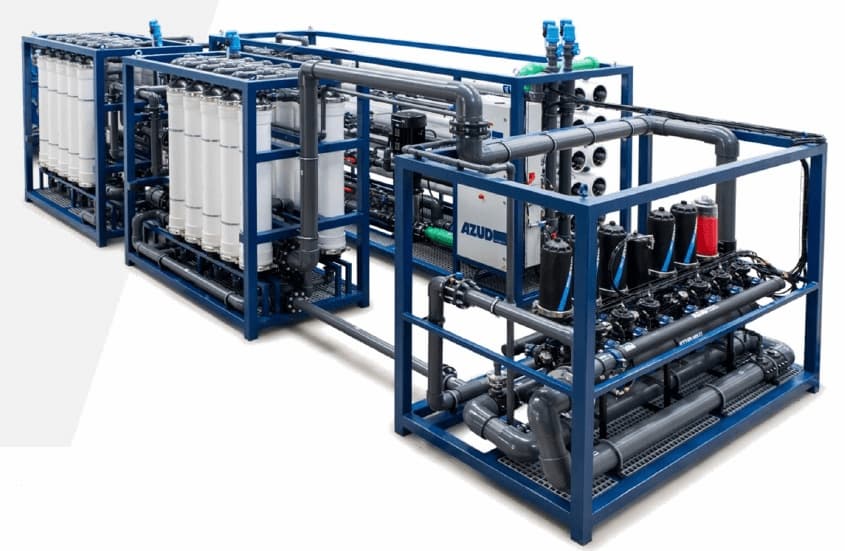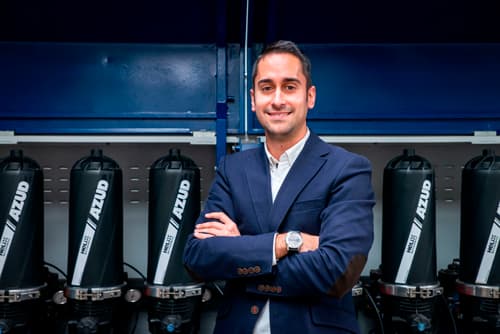Table of contents
In 2025, global industries will face unprecedented challenges to meet increasingly stringent environmental requirements. Major buyers such as supermarkets (Mercadona, Lidl) and large distributors (Decathlon, Leroy Merlin) are demanding stricter sustainability standards, including responsible water use practices that are both environmentally sustainable and economically viable.
The water crisis and the iindustrial sector
The escalating water crisis highlights the need for more efficient and responsible water management across all sectors. For industries, this means addressing water issues with a systemic approach that incorporates sustainability throughout the entire value chain. Science and technology play a key role in this transition, particularly in areas such as desalination and water reuse. However, these advancements require an innovative leap to alleviate water scarcity in critical regions.
In Spain, sectors such as distribution, agro-industry, and component manufacturing are making concrete commitments to reduce their water footprint along the supply chain. This includes setting clear goals over time and working closely with suppliers to create more sustainable supply chains. The challenge, however, lies in achieving these objectives without increasing production costs or negatively affecting final prices.
Optimizing water use in industrial production
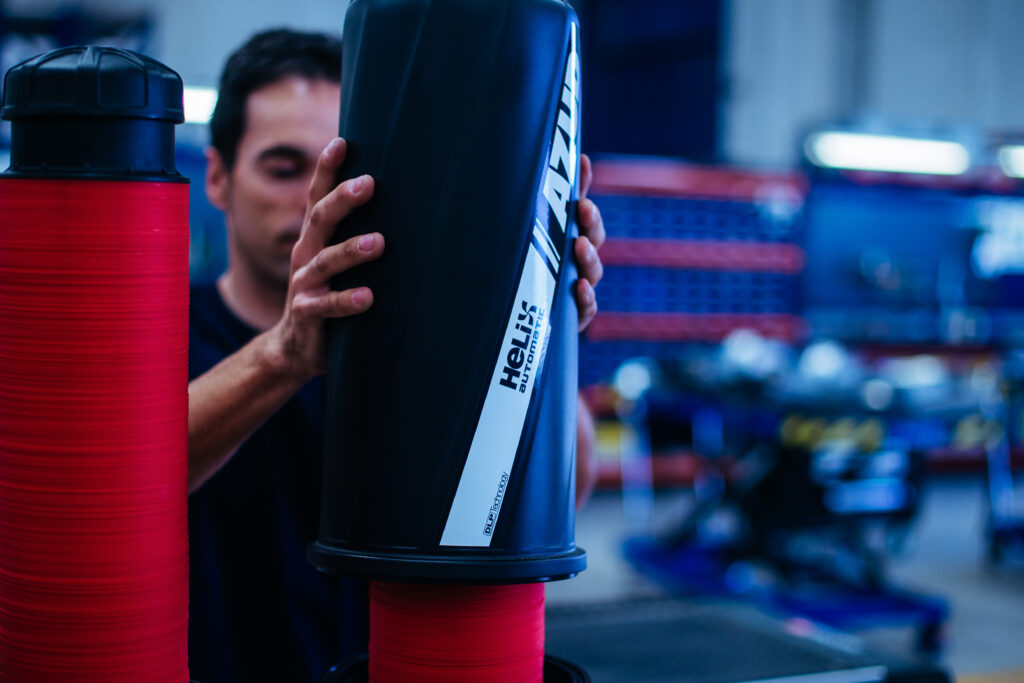
Reducing the water footprint is a priority for industries aiming to remain competitive and meet the expectations of their clients and consumers. Key strategies to achieve this include:
- Improving production systems: Optimizing processes to reduce water consumption.
- Minimizing waste: Reducing sludge and by-product generation.
- Investing in R&D: Developing technologies to achieve these goals more efficiently and economically.
In this context, companies specializing in water treatment technology, such as AZUD, play an essential role. Innovation and the development of advanced solutions for desalination and water reuse are fundamental to ensuring that industries can operate sustainably.
Desalinated water: a viable alternative
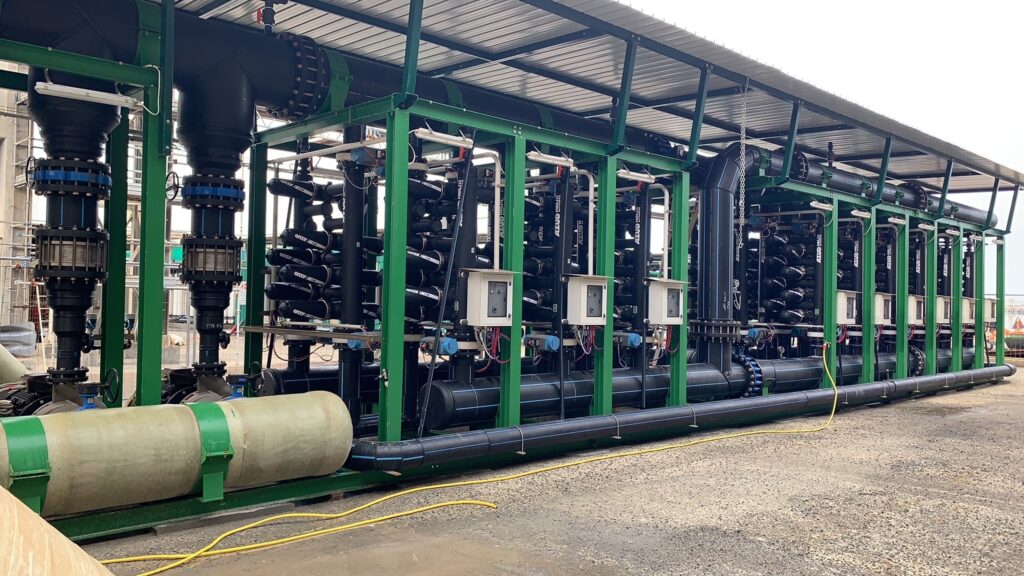
While significant resources are being devoted to searching for water on other planets, serious access problems persist on Earth due to inequalities in its distribution and use. Seawater presents an increasingly viable alternative to meet industrial needs. Expanding the use of desalinated water, combined with reuse technologies, represents a crucial opportunity to address the water crisis sustainably.
Public-private collaboration as a catalyst
Successfully transitioning toward more efficient water use requires collaboration between the public and private sectors. Incentives and regulations must be implemented to drive innovation and the adoption of water efficiency practices. This approach benefits not only the environment but also ensures that industries can meet the expectations of major buyers and consumers.
Toward a “Water +” industry
The goal is not only to reduce water consumption but to achieve a net-positive balance: a model where industries generate more water than they consume. This concept of the “Water + industry” positions companies not only as responsible consumers but also as active contributors to water solutions for their communities.
Industries that fail to adapt to this new reality will face penalties and lose competitiveness in a market increasingly oriented toward sustainability. On the other hand, those that embrace innovation and adopt sustainable models will not only meet the required standards but also lead the way toward a more responsible and prosperous future.
At AZUD Industrial, we are committed to driving the transition toward water sustainability through innovative technological solutions that transform challenges into opportunities.


